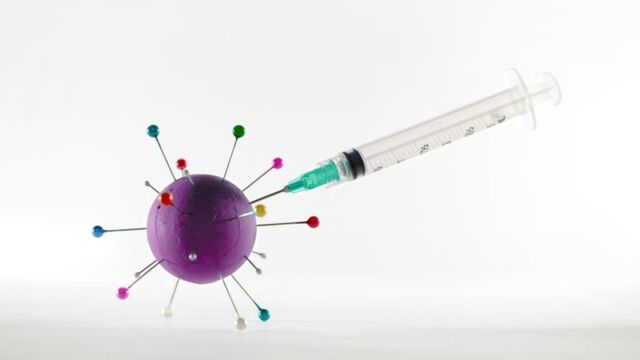AstraZeneca jab's side effects prove vaccine works

After much back and forth to approve the British produced vaccine elsewhere in Europe, experts confirm that the secondary effects are a sign the vaccine works.
Although the UK approved the rollout of the vaccine months ago, other parts of Europe were not as lenient with their regulations. Case in point, France just approved administration of the vaccine for those over the age of 65 after reports of prominent secondary effects as well the death of an Austrian nurse upon receiving the jab.
Discover our latest podcast
Cold-like symptoms are a sign that the vaccine actually works
As a result, the approval of the vaccine was delayed for many months which has slowed down the immunization process of those more at risk in the populations of major metropolitan areas of such countries. In comparison, the UK has vaccinated almost 21 million people since the start of the rollout program earlier this year.
More under this adMore under this adBut after further testing and recommendations by French experts, the jab is said to be effective in spite of the undesired secondary effects. In fact, they have since their last review said that these 'pseudo-cold-like' effects are a clear sign that the antidote is working as it should; the immune system is simply acclimating to the new antibodies and manifests this transition by exhibiting mild cold-like symptoms.
What are the most common side effects?
Out of 182,000 people vaccinated with the AstraZeneca jab, 1,994 of them reported experiencing mild side effects which were mostly recorded in female jab receivers. The most common undesired secondary effects were said to be:
More under this adMore under this ad- Fever
- Body aches
- Headaches
These symptoms have been reported to only last no more than 48 hours upon injection. The next phase for countries like France is to allow administration of the AstraZeneca vaccine to be done by pharmacists in addition to general practitioners.